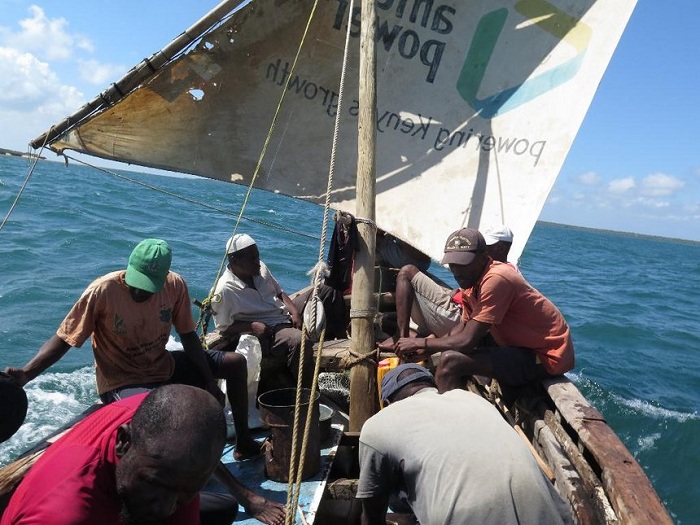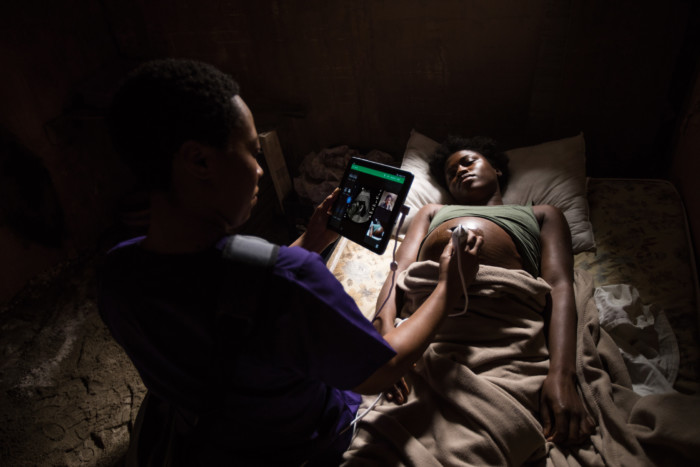Nairobi, KENYA: Philips Foundation has launched seven new projects in the country that will help boost access to primary health care in remote areas.
According to Philips Foundation Chairman, Ronald de Jong, the projects which are aimed at improving access to quality healthcare in under-served communities across Kenya, will concentrate on improving equipment management, maternal and child healthcare and supporting community health volunteers with technology solutions.
“We express our involvement to enhance the healthcare situation of vulnerable people in Africa. We invest in knowledge, skills and technology, in order to improve access to primary healthcare as an essential element of enhancing access. We acknowledge that this can only be done in collaboration with humanitarian organizations with an extensive network in the local habitats of these communities,” stated Ronald.
Medical Equipment
In a long-term project with UNICEF, Philips Foundation aims to drastically improve medical equipment performance in Kenyan health facilities by developing an efficient system for equipment management, service and operation.
“While it is recognized that equipment availability is improving at health facilities in Kenya, it is often in a state of disrepair, including the prohibitive costs for procurement of replacement equipment and spare parts and inefficiencies in the supply chain,” said Werner Schultink, Representative at UNICEF Kenya.
Maternal and Child healthcare
Several projects including ‘Mimba Yangu’, in collaboration with the Centre of Excellence in Women Health of the Aga Khan University, have been put in place to help in improving maternal and child health care.
‘Mimba Yangu’ will explore the feasibility, impact and costs of quality antenatal are; investigate if setting up a full ‘referral chai’ will lead to improved uptake of neonatal care; and examine if ultrasound before 24 weeks of pregnancy, as recommended by World Health Organization (WHO), will result in better health outcomes for mothers and babies.
The foundation will also explore ways to use mobile ultrasound technology at primary care level, performed by midwives and supported by remote experts through telehealth, to enhance availability of affordable services.
Another project related to the detection of high-risk pregnancies will be done by the Kenya Red Cross Society and the Philips Foundation.
Community health volunteers
With Africa having an estimated shortage of over four million health workers, there is a need to expand the role of community health volunteers (CHVs).
In collaboration with Red Cross and Red Crescent societies, Philips foundation will equip CHVs with a Community Outreach Backpack containing essential medicine and diagnostic equipment.
The same Community Outreach Backpack will be deployed in a project with the Abrassa Mentorship and Empowerment Network (AMEN) in Marsabit County.
Here, technology provided to the CHW will allow them perform more health screening tasks and it will be investigated how this affects access to and outcomes of primary maternal and child healthcare in the vast areas with sparsely populated health facilities they serve.













